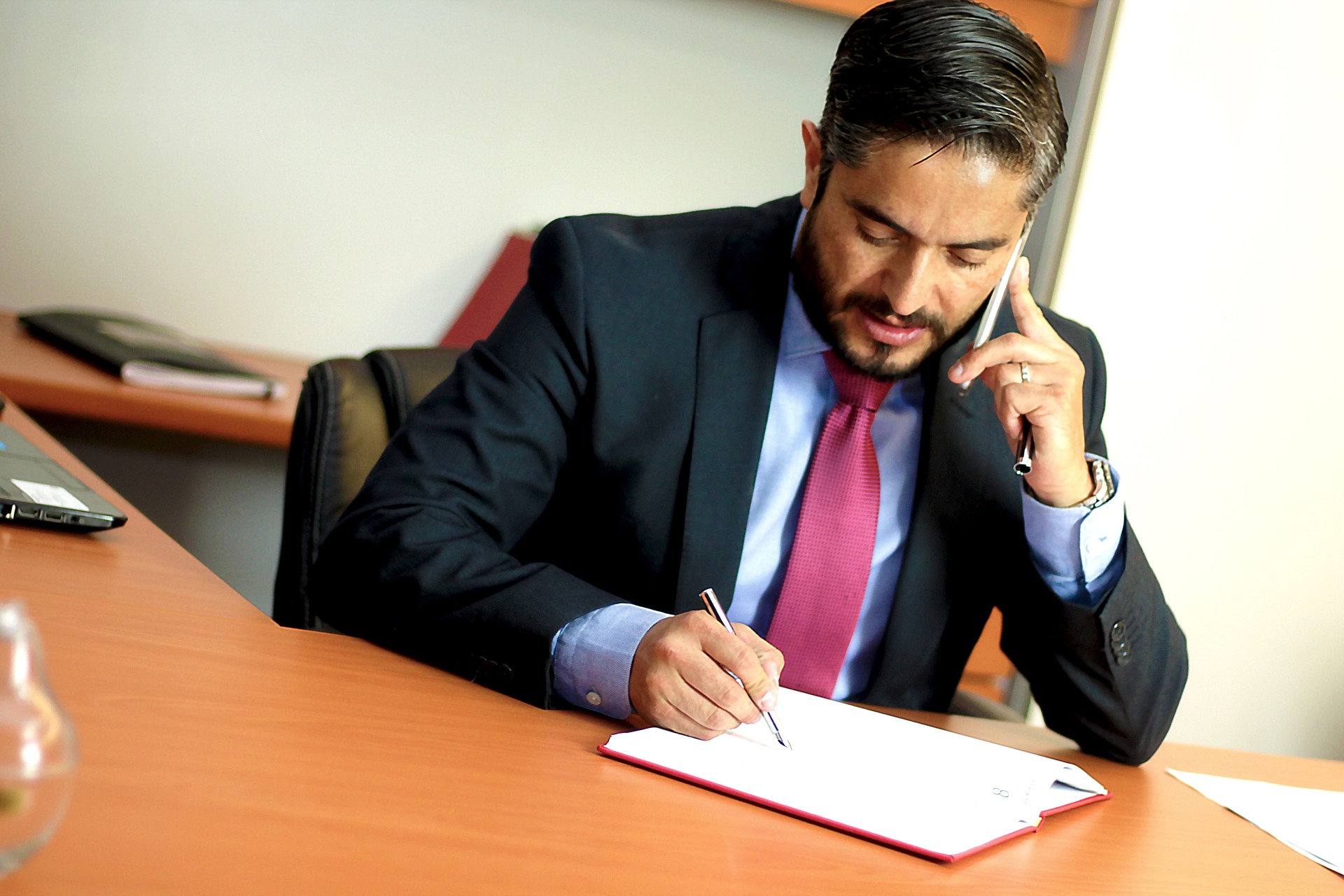The Importance of Having a Family LawyerThe Importance of Having a Family Lawyer
Today, we are diving into a topic close to every family’s heart: the importance of having a family lawyer. Whether you are starting a new chapter with marriage or navigating the complexities of divorce and child custody, having legal support can make all the difference. This article will explore how a family lawyer can provide essential protection and guidance during challenging times. So grab your favorite beverage, sit back, and let’s delve into why having a trusted family lawyer is an invaluable asset for your loved ones.
Documentation and Paperwork
 When it comes to legal matters, documentation and paperwork play a crucial role. Having a family lawyer can help navigate the complexities of gathering and organizing these documents. One of the main reasons a family lawyer is essential in terms of documentation and paperwork is their expertise in understanding the legal requirements. They know what specific documents are needed, how they should be prepared, and when they should be submitted. This ensures that all necessary paperwork is properly completed, minimizing the risk of errors or omissions that could potentially jeopardize your case. Additionally, a family lawyer can assist you in obtaining any missing documents or records that may be vital to your case.
When it comes to legal matters, documentation and paperwork play a crucial role. Having a family lawyer can help navigate the complexities of gathering and organizing these documents. One of the main reasons a family lawyer is essential in terms of documentation and paperwork is their expertise in understanding the legal requirements. They know what specific documents are needed, how they should be prepared, and when they should be submitted. This ensures that all necessary paperwork is properly completed, minimizing the risk of errors or omissions that could potentially jeopardize your case. Additionally, a family lawyer can assist you in obtaining any missing documents or records that may be vital to your case.
Legal Protection
When it comes to legal matters, protection is paramount. A family lawyer can provide you with the necessary shield to navigate complex issues and safeguard your rights. They deeply understand family law and can guide you through the intricate maze of legal processes. From drafting prenuptial agreements to representing you in court during divorce proceedings, a family lawyer has the expertise to fight for your best interests. They will work tirelessly to ensure that your voice is heard and that any potential pitfalls or loopholes are identified and addressed. Moreover, having a family lawyer ensures that all documentation is handled accurately and efficiently.
Alternative Dispute Resolution
 Alternative Dispute Resolution (ADR) is a valuable tool that can help families resolve conflicts and disputes outside of the courtroom. It provides a more efficient and cost-effective way to reach mutually satisfactory agreements while also preserving relationships. One commonly used form of ADR is mediation, where a neutral third party helps facilitate discussions between family members to find common ground and come up with creative solutions. This process allows everyone involved to be active in determining the outcome rather than relying on a judge’s decision. Another popular form of ADR is arbitration, which involves presenting evidence and arguments before an impartial arbitrator making a binding decision. This method can be particularly useful when parties cannot negotiate directly.
Alternative Dispute Resolution (ADR) is a valuable tool that can help families resolve conflicts and disputes outside of the courtroom. It provides a more efficient and cost-effective way to reach mutually satisfactory agreements while also preserving relationships. One commonly used form of ADR is mediation, where a neutral third party helps facilitate discussions between family members to find common ground and come up with creative solutions. This process allows everyone involved to be active in determining the outcome rather than relying on a judge’s decision. Another popular form of ADR is arbitration, which involves presenting evidence and arguments before an impartial arbitrator making a binding decision. This method can be particularly useful when parties cannot negotiate directly.
Child Custody and Support
 Regarding family law, one of the most emotional and sensitive issues that can arise is child custody and support. This aspect plays a major role in determining the well-being of children during and after a divorce or separation. Child custody refers to the legal rights and responsibilities of parents regarding their children. It encompasses both physical custody (where the child resides) and legal custody (the right to make important decisions about the child’s upbringing). Having a family lawyer by your side during this process is crucial. They can help you navigate through complex laws, negotiate with the other party, and ensure that your interests and those of your children are protected.
Regarding family law, one of the most emotional and sensitive issues that can arise is child custody and support. This aspect plays a major role in determining the well-being of children during and after a divorce or separation. Child custody refers to the legal rights and responsibilities of parents regarding their children. It encompasses both physical custody (where the child resides) and legal custody (the right to make important decisions about the child’s upbringing). Having a family lawyer by your side during this process is crucial. They can help you navigate through complex laws, negotiate with the other party, and ensure that your interests and those of your children are protected.
Choose wisely when selecting a family lawyer, as they play an integral role in shaping outcomes that affect both yours and your loved ones’ lives. With their help, you can navigate even the most complex legal situations with ease and ensure that justice prevails. So take proactive steps today to safeguard yourself and those closest to you by seeking out professional assistance from an experienced family lawyer. Your future self will thank you for making this wise decision.…
